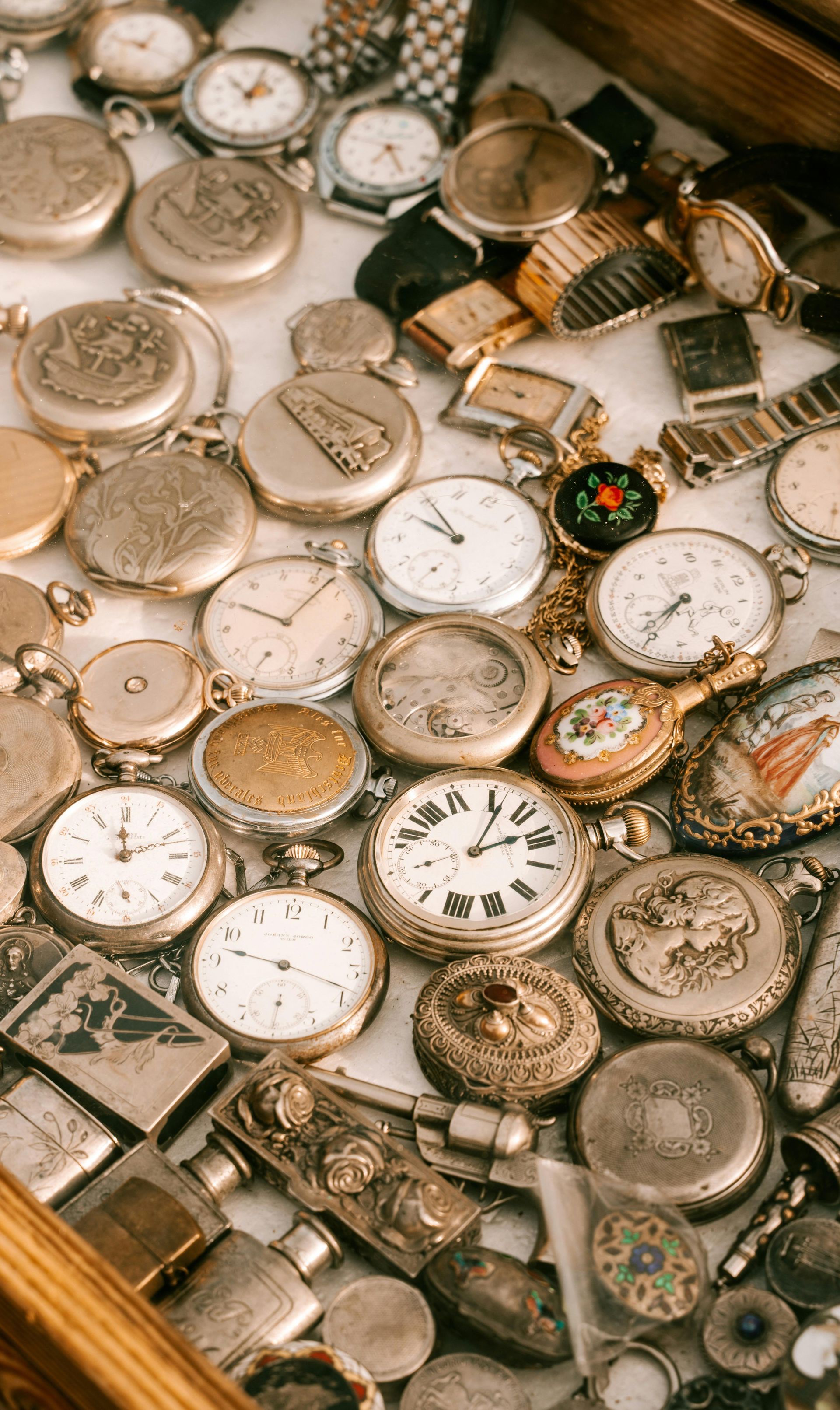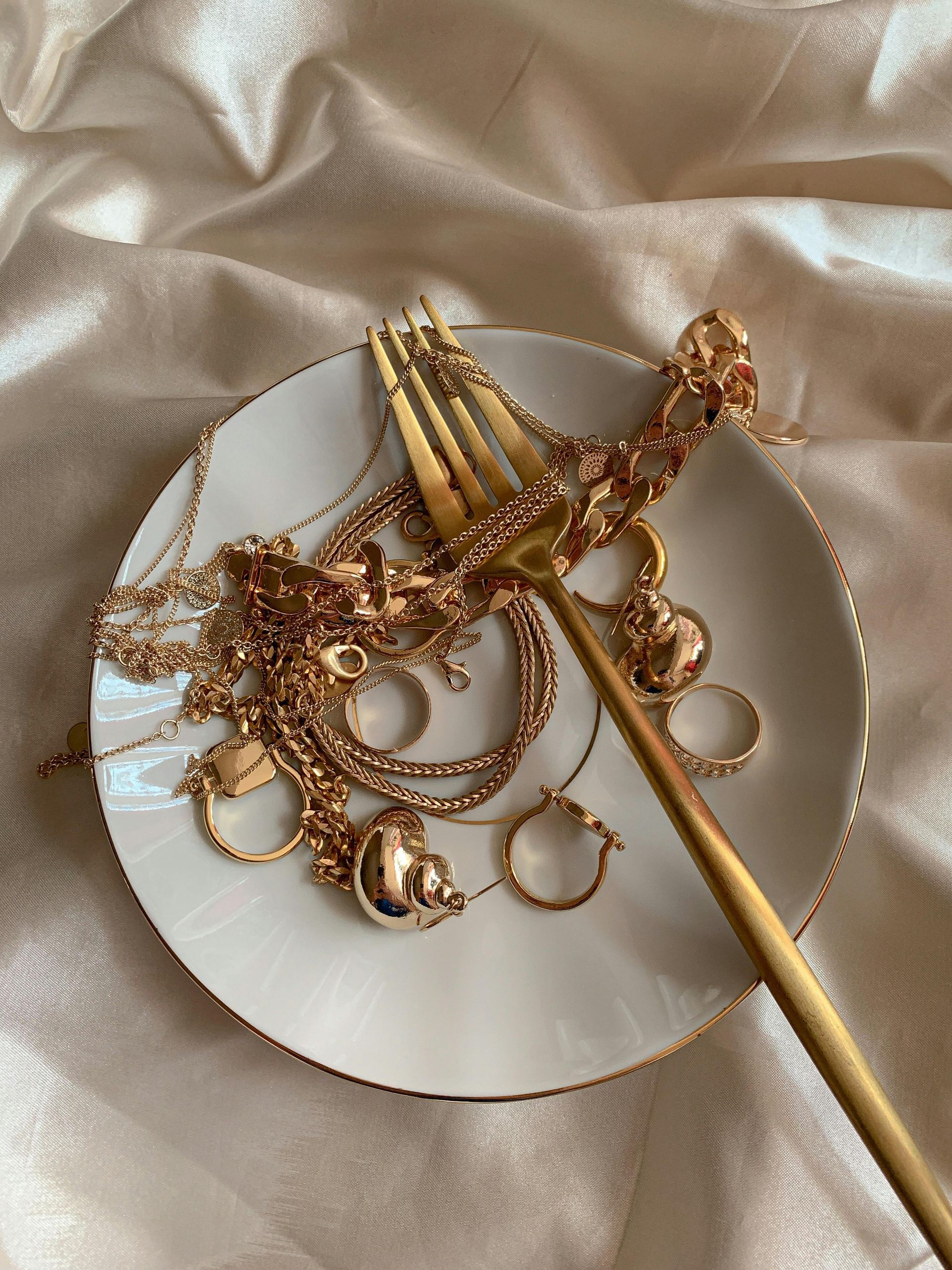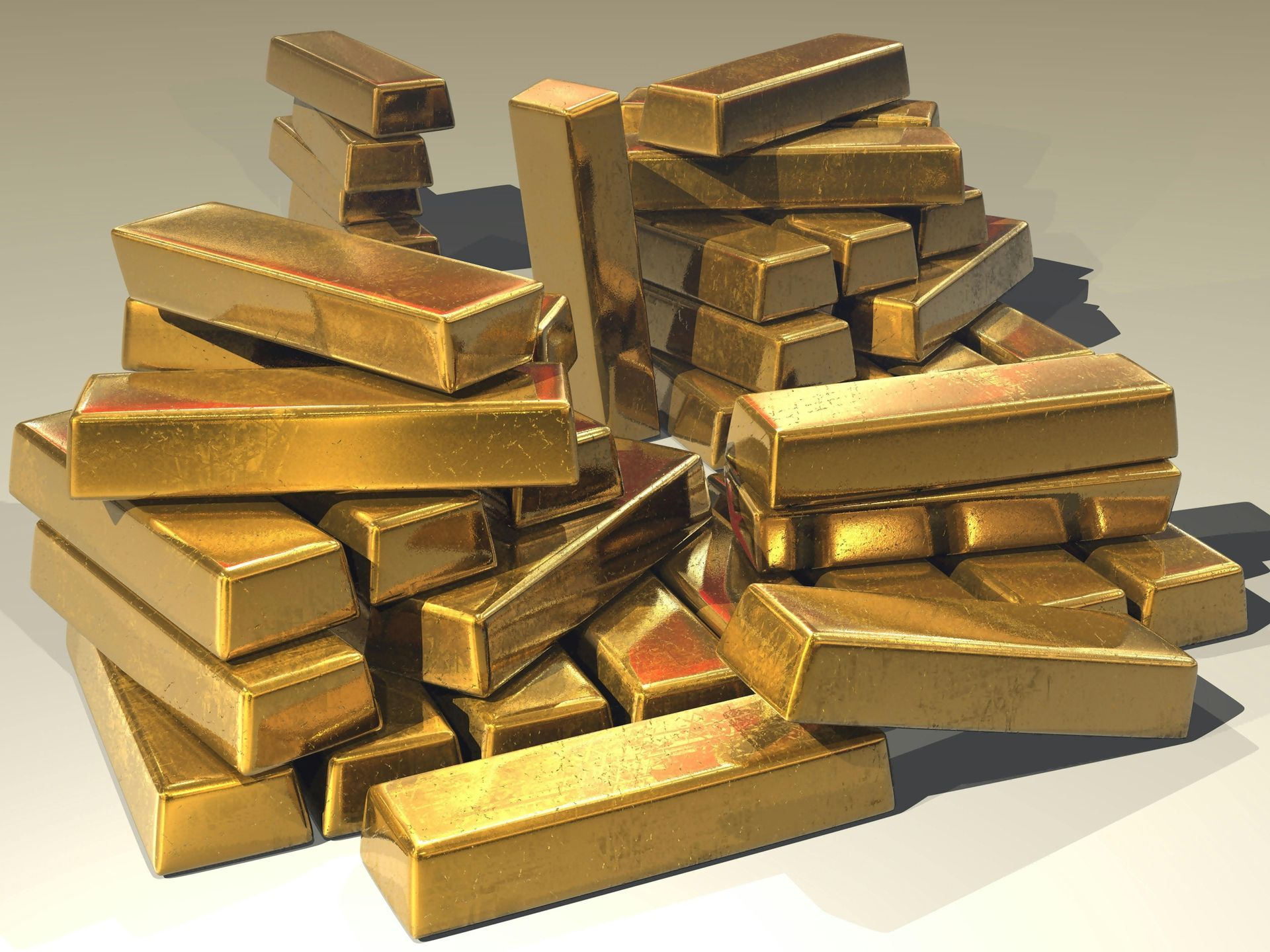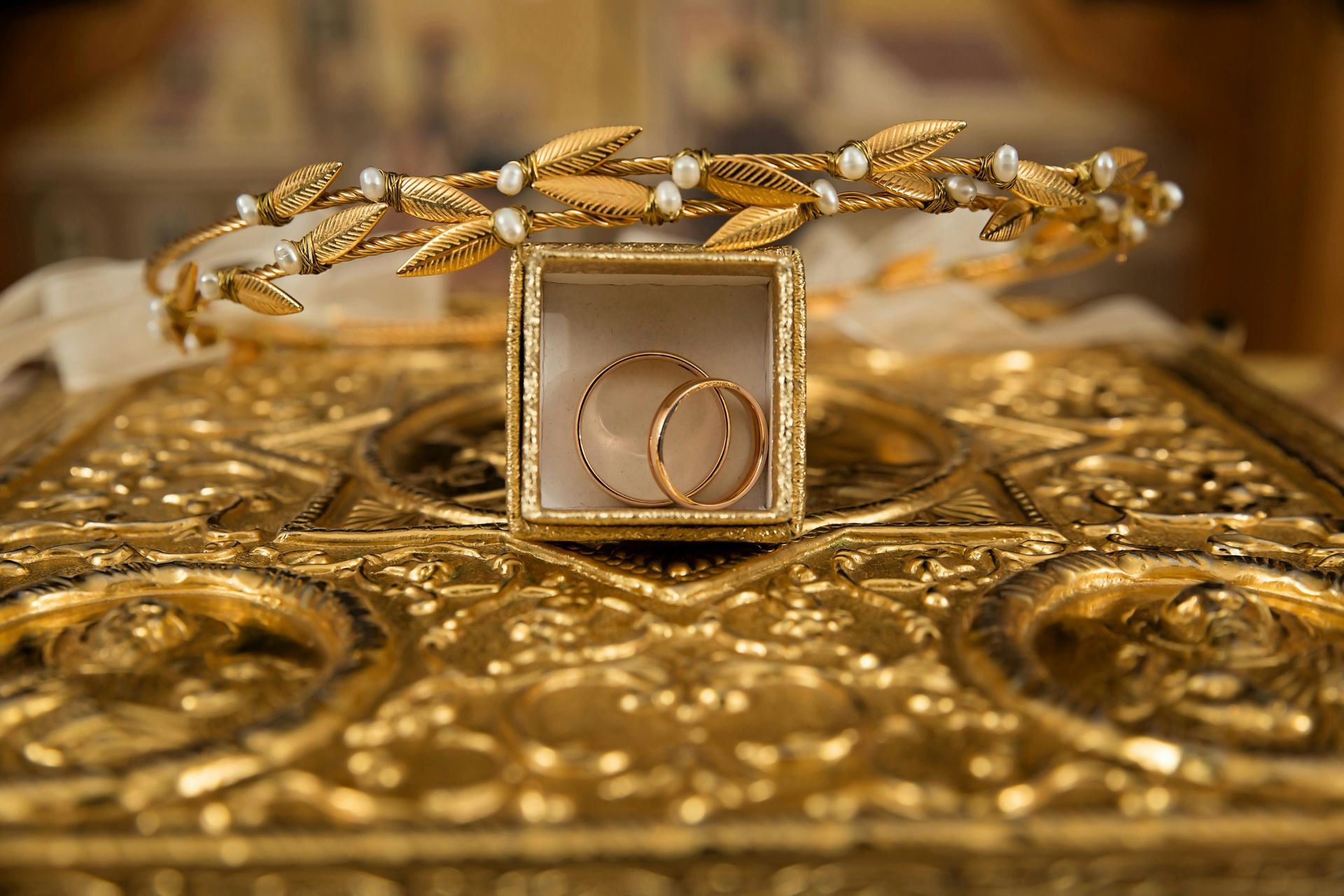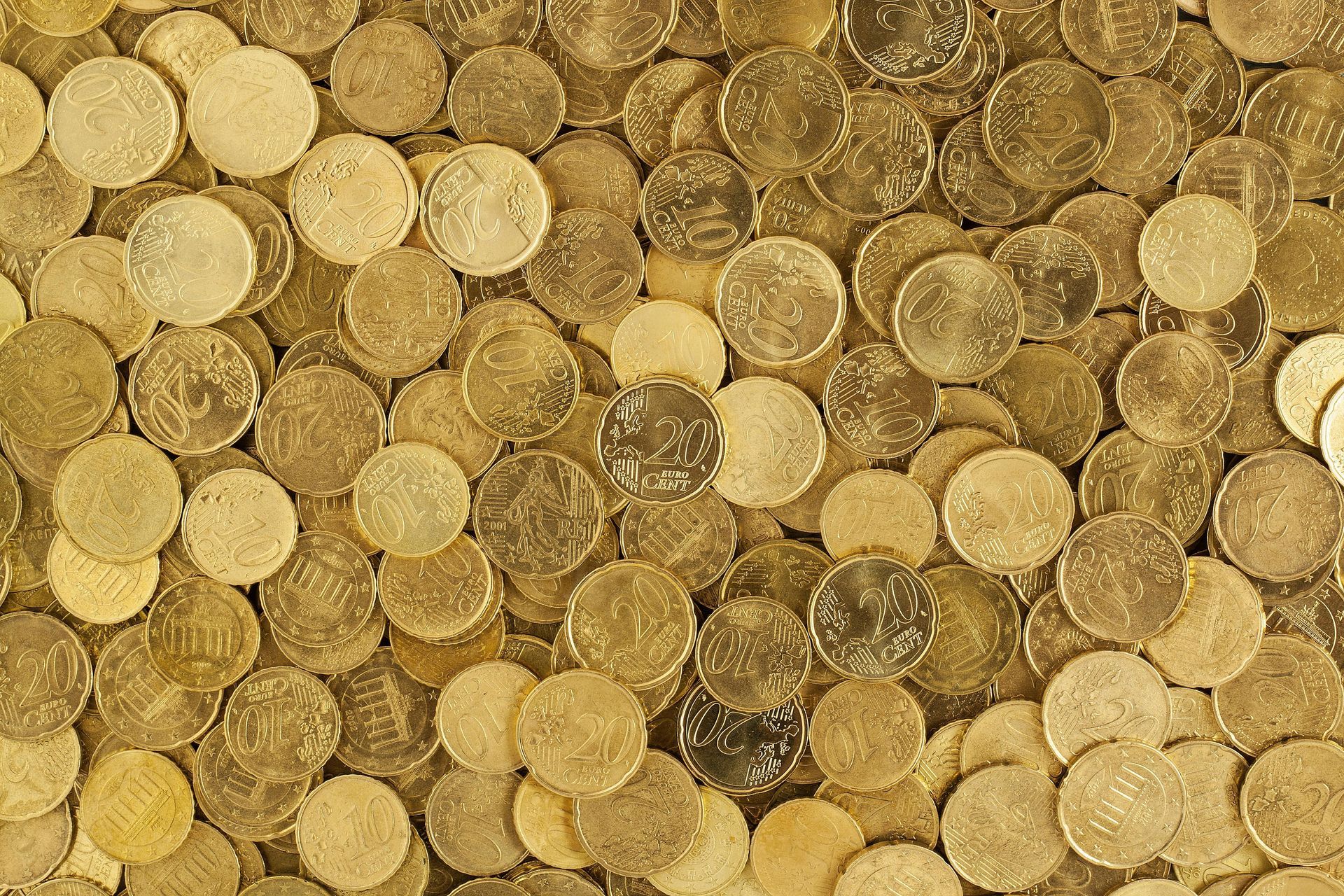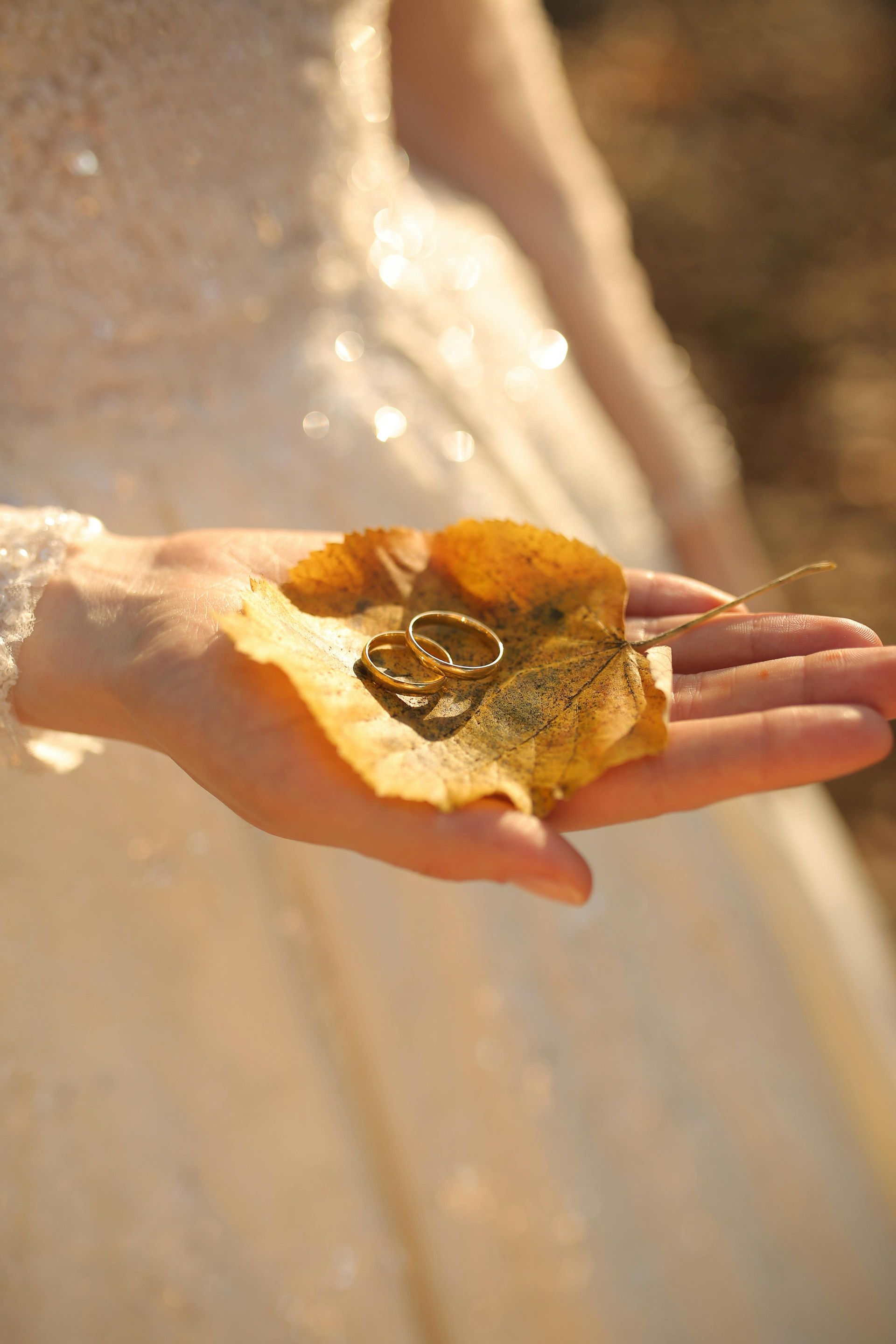Why Is Gold So Valuable?
Almost every civilisation on Earth has recognised the value of gold throughout history. Evidence of gold used for currency goes as far back as 600 BCE, with the creation of the Lydian Stater, but can be traced back even further to India and China through the exchange of raw precious metals for goods and services.
Our team of valuers at Gold-Buyer have put together a guide to show why is gold so valuable and why it’s most suitable for the purpose of currency.
Where does the value of gold come from?
Gold gets its value from a number of key factors, such as:
- Its rarity amongst other precious metals – measured in Parts Per Billion (PPB).
- Its position on the periodic table.
- Its aesthetic value (the way it looks).
- Belief in the continued value of the material.
When we look at the history of developing economies it is easy to understand where the need for a system of currency comes from, but why did we choose gold? And what about the value of gold in modern times?
To discover what makes gold valuable, we should analyse the key factors detailed above.
First, we will discuss rarity.
Is gold rare?
Rarity is the first factor in the value of gold. If the material used to create your currency is easily obtainable, then it would naturally be less valuable.
Precious metals can be measured using the Parts Per Billion (PPB) expression, defined by this quote in the CRC Handbook of Chemistry and Physics as:
“The abundance of the element, a measurement of its rarity, is given in mass fraction as Kg (Kilograms) in the earth’s crust.”
For example, if we said a particular material had a measurement of 1 PPB, it would mean 1 particle of that material exists within an object composed of 999,999,999 other particles.
Take a look at this list of precious metals by parts per billion:
- Rhodium (Re) – 1 PPB
- Iridium (Ir) – 1 PPB
- Gold (Au) – 4 PPB
- Platinum (Pt) – 5 PPB
- Silver (Ag) – 75 PPB
These rarity levels help form the basis of how we value gold in modern times – although this measurement is only possible with the use of technology, ancient peoples were still aware of the scarcity of the substance, and so recognised an extrinsic value in gold that continues today.
What is the relationship between gold and currencies?
Generally, there is an inverse relationship between the trade value of a fiat currency and the price of gold. A fiat currency refers to currencies where the value is determined by the government and economic policy, and not by a physical commodity such as gold. As a fiat currency loses value, foreign investors will look to invest elsewhere and in other hard commodities like gold. This increased demand then causes increased gold prices.
Where does gold get its colour?
The aesthetic value of gold cannot be understated. Another point to consider about the previously mentioned metals is that they are all a silvery-white shade. Gold is, of course, golden.
The reason for this being that gold absorbs much more blue light than any other colour. When it reflects this light back to us most of the blue light is absent, meaning we see far more orange and yellow light as a result.
It is this unique property that is perhaps the most important aspect of gold being valuable.
Does gold rust?
In short, no.
This is the final point to be considered when discussing the value of gold. Unlike the other metals of the periodic table, gold is far more stable – and relatively uninteresting, chemically speaking – than the other candidates.
Gold will not rust or tarnish when exposed to water or oxygen, and can remain in near-perfect condition for thousands of years.
For example, some of the oldest known gold items in the world, taken from the Varna Chalcolithic Necropolis and dated between 4,600 BCE to 4,200 BCE, are still in near-perfect condition.
This incredible find gives credence to the idea of gold’s near eternal value. In summary, it is clear to see why gold has always been the king of currency.
As a pure material, it is rare, unique in its colouration, and durable enough to withstand the elements that would degrade other materials over time.
Does my gold have value?
Now you know exactly what makes gold valuable, you can work with our trusted team of professionals at Cash4Gold-Now to identify if your gold has value.
You can find out if your gold is valuable by ordering a free gold selling pack via our website. Our dedicated team of gold buyers have over 50 years of experience in turning your gold into cash. We use a thorough valuation process that ensures you get the best and most fair price for your gold items. We buy a wide range of gold items, whether you have a watch, coins, or other gold jewellery lying around gathering dust.
The post Why Is Gold So Valuable? appeared first on Gold-Buyer.
